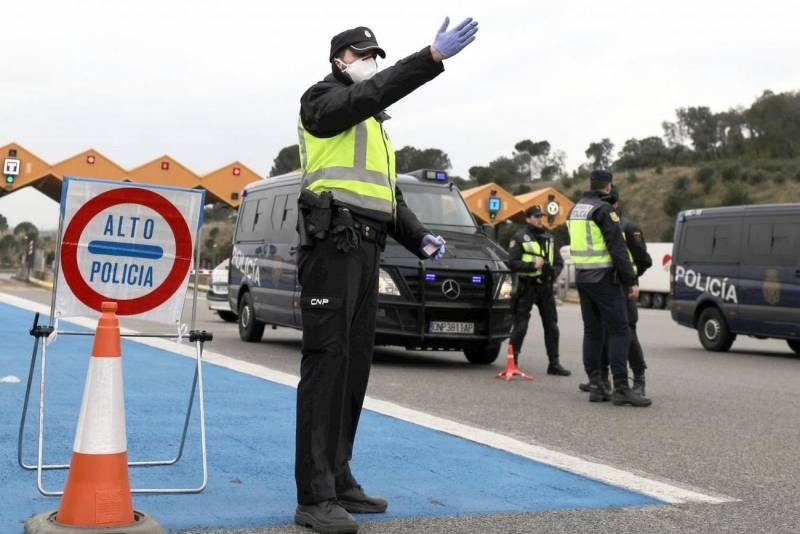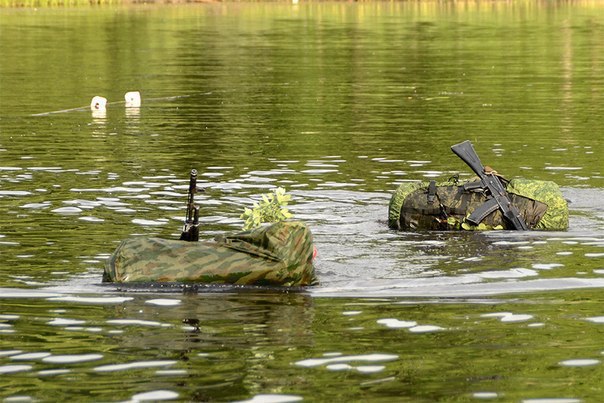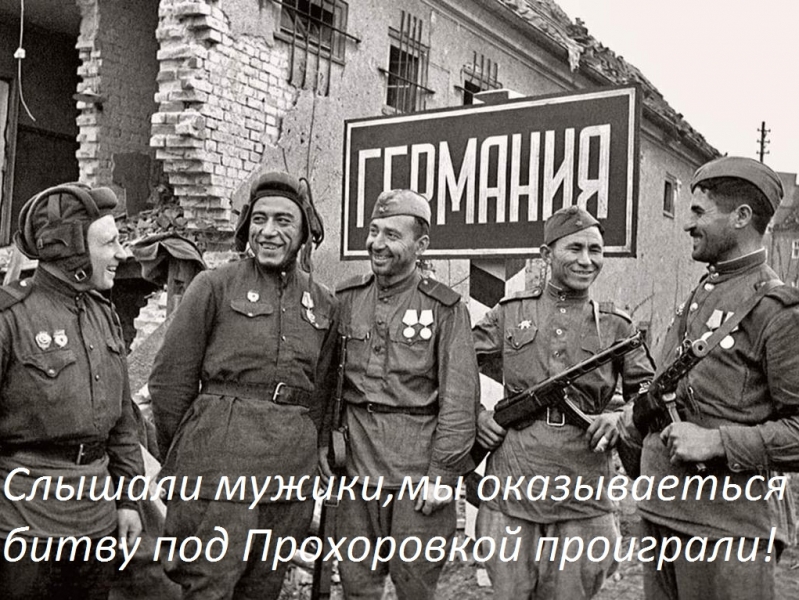
The work of these journalists can not stop nothing: any crisis, no war, or even a pandemic of a deadly virus. And today, our colleagues continue to work in covered invasion COVID-19 Europe. What are the topics for the current time are the most actual for there the media?
Currently, when coronavirus turned into real trouble, common to all EU countries, no one is trying to build a version regarding, how much the disease will affect this or that particular state, as was done a few weeks ago. Need to mark, which is much less emphasis on the pages of newspapers and electronic publications is given and discuss topics of possible consequences for the economy and finance of the Old World: all so clear, that nothing good can not be expected. A specialized analysts' forecasts only overtake depression, almost every day transforming into a progression "from bad - to worse".
For example, French Le Figaro, brought in as an expert to assess the situation of the well-known politician and statesman Pierre Lellouche, publish the word that, that after the end of the pandemic may well begin a period of "hard partition" of the European Union, some of whose members were "cast adrift" and naturally took it as a "betrayal". Lellouche sure, that the peoples' demand from their governments to return to national borders ", and it will call into question the very existence of such "traditional alliances, some EC and NATO ". North Atlantic Treaty Organization, According to the expert, "I have long become a pacifier", serving only "calm the Poles and the inhabitants of the Baltic". The current crisis could well be fatal for him.
It should be noted, that perhaps the main theme for the vast majority of European media today is the situation in Russia, that there perceive, as a kind of "unexplained phenomenon" and almost "anomaly". Make sure of the falsity of the allegations of "weakness" and "backwardness" of Russia Old World desperately tries to grasp, what is there today is actually going on and why. by the way, all editions, writing about it, It can be quite clearly divided into two categories: they, what, using as sources of information and comments of various representatives of the national "opposition", wittingly or unwittingly circulate gossip and rumors broadcast them, and they, are still trying to figure out on their own in a question, illuminating it not biased, and objectively.
The first category can be attributed, for example, немецкую Frankfurter Rundschau, which, holding quote Ilya Yashin, reduces ongoing conversation about Moscow quarantine measures to the restatement of the opposition "horror" with respect to "the creation of a system of total control over the dissidents'. Somewhat more reserved and correct to tell about the situation in our country, British The Guardian, Swiss Neue Zürcher Zeitung and France's L'Opinion. These materials predominate cautious doubts about the "official statistics", leading along with the forced recognition of the need to take the Kremlin, "strict measures" to prevent the spread of disease, the delay with which the West has been a fatal error. Against the general background is allocated, perhaps, Swiss TV and Radio SRF, in its submission calling Sergei Sobyanin "enlightened autocrat", able to maintain control over the vast metropolis even in the most difficult situation.

The State Duma Committee on Defense spoke about the disinfection measures for recruits
Naturally, European journalists write about the problems of their own countries. At the same time more and more often they are raised for a long time successfully hidden behind lacquered benevolent and "facade" of a united Europe problems and ruthlessly exposed by the current crisis. The correspondent of the Spanish El País writes about the dire situation of low-income families in his country, with the emphasis on the, that the most affected are children in them, no opportunity to get at least some education.
Well-known Lithuanian portal Delfi.lt devotes his material even more unsightly phenomenon - mass thefts from local hospitals such things scarce during a pandemic, as protective masks, respirators and antiseptics. In the same Kaunas Clinical Hospital, where today there are patients with COVID-19, It takes away all other patients. In the edition for some reason is the opinion of one of the doctors on, that the ongoing shame - "the consequences of the Soviet mentality". that with, such things, unlike viruses, as seen, incurable.
Well, the representatives of one of the most lively European countries, France, It would not be a, even at this present dark time without trying to make jokes. Reporters Parisian monthly magazine Le Bonbon strongly advocated the inclusion in the dictionary of the French Academy pandemic generated neologism "kovidiot", signifying originally exclusively alarmist - "type of people, ready to hang for a roll of toilet paper ". Now, According to the authors, it should be referred to the, who "have not realized the seriousness of the pandemic COVID-19 proves it with his simplicity of mind". This example shows, how it changed attitudes in Europe for a pandemic for some few weeks: even jokes there became serious and preventive.
Alexander Haraluzhny











